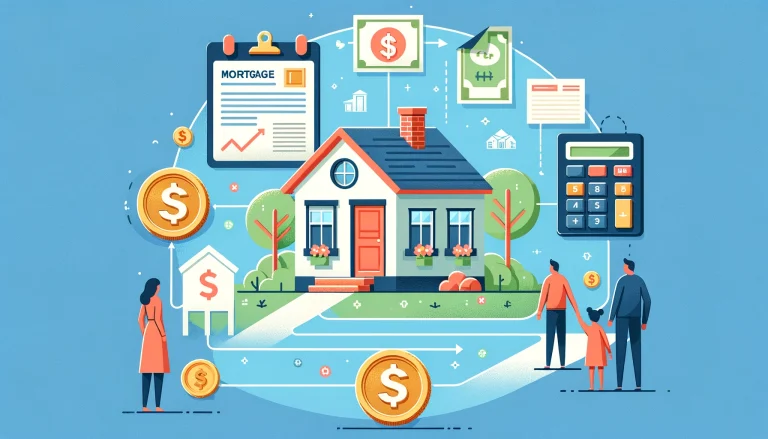Having meaningful conversations about financial hardship is more relevant today than ever before. With the economy at a standstill, millions of people are out of work and struggling to make ends meet.
And although figuring out a way to pull through is the main priority, the current situation is also an opportunity to teach kids about finances and what is truly important in life.
What is Financial Hardship?
Financial hardship is the difficulty to make monthly payments to loans and debts. It is likely that you could afford to pay the loan when you took it out, but unexpected changes in finances have since led to missed payments.
The current situation with the coronavirus pandemic has resulted in an increased dependence on unemployment benefits, loan payment assistance, and even sympathetic landlords who have decided to delay or forego rent payments.
Nevertheless, even with these band-aid solutions, you must explore more ways to generate funds and manage your stress so it doesn’t affect your family health even further.
How Do You Deal with Financial Hardship?
There are means to generate funds right now without credit reporting. If you meet the criteria, you can make a hardship withdrawal from a retirement plan. Many institutions allow this kind of emergency withdrawal without penalty.

In particular, the IRS will waive the 10% penalty for Substantially Equal Periodic Payment plan withdrawals made before the age of 59½ if the reason is health care expenses. Otherwise, waived penalties will be subject to income tax.
You can also make more than one financial hardship withdrawal in the same calendar year but you must do so within 30 days of your first withdrawal. The 30-day limit cannot be extended.
A hardship withdrawal should be used sparingly because of the serious drawbacks it presents. Notably, it is not possible to create a repayment plan for the funds you take out. These funds are permanently deprived of your retirement fund. Hardship withdrawals also expose tax-sheltered funds to income tax which will in turn boost your tax bill for the year.
Should You Tell Kids About Financial Hardships?
The anxiety and frustrations of financial difficulties will show one way or another. However, with kids around, it is important to remain calm even if your financial state keeps you up at night. In all likelihood, your kids can sense your stress but don’t understand why.
If you don’t handle it well, they can easily start blaming themselves for the frustration that is in the air.
When you open up the topic of financial hardship, don’t tell them more than they need to know and always follow their lead. Some kids are satisfied with one answer but others will have follow-up questions.
Make sure your answers are age-appropriate. Kids have no interest or knowledge of retirement accounts. What they want to know is why they cannot buy the things they used to buy or go to the places they used to go.
It is also critical not to “parentify” your children. Make it clear that finances are an adult issue and that it is your responsibility, not theirs, to worry about it.
Teaching Financial Hardship Through Positive Experiences
The pandemic and economic slowdown mean much more time at home. You can try to engage your kids while doing chores and ask them casual questions about their experience.

If your children’s great-grandparents (or even great-great-grandparents) had the Great Depression, then we have the pandemic to teach us about the importance of having an emergency fund.
If you have older kids, you can also start including them in family budget meetings. Knowing that times are tough is already stressful, so teaching them how to budget may give them a sense of greater control during these tough times.
The truth is that we will all get through this eventually. It’s also likely that we will all view the world slightly differently than before the pandemic. Until that time comes, you can take this opportunity to take command of your spending while teaching your kids those same financial values at the same time.












